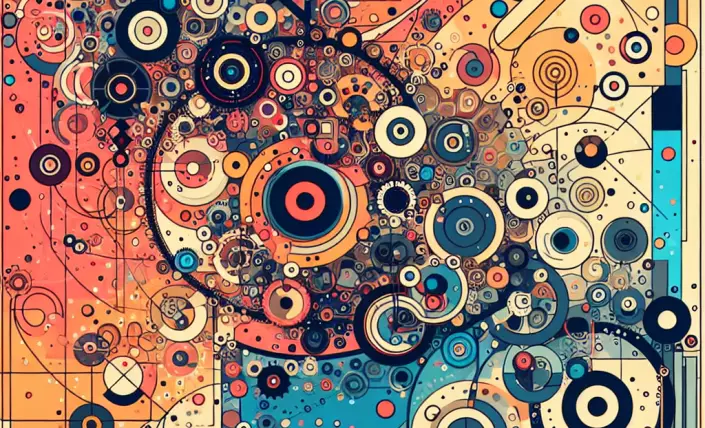In an era where the rallying cry for equality echoes from every corner of society, it becomes crucial to pause and reflect on what equality truly means. The philosophical musings of Thomas Sowell urge us to delve deeper into the complex facets of equality, pushing beyond the superficial and often misleading interpretations commonly portrayed in public discourse. Sowell’s work, particularly his exploration of 'constrained' and 'unconstrained' visions, provides a compelling framework to understand how our pursuit of equality might sometimes be at odds with the fundamental realities of human experience.
The 'unconstrained vision', as Sowell outlines, is rooted in the belief that human potential is virtually limitless, and that societal structures largely determine individual outcomes. This perspective often champions the idea that with the right social systems, equality in opportunity—and by extension, outcomes—can be achieved. In contrast, the 'constrained vision' acknowledges the inherent limitations within human nature and the imperfect world we inhabit. It suggests that while striving for equality of opportunity is noble, expecting equality of outcomes disregards the complex, and often hidden, factors that influence individual success.
Reflecting on these visions encourages us to consider how unseen forces, such as personal choices, cultural background, and even chance, play pivotal roles in shaping our lives. It challenges us to recognize that while societal structures can indeed impose constraints, they are not the sole determinants of our potential. This awareness prompts a deeper introspection: how do we navigate these forces while striving for personal fulfillment and societal progress? By acknowledging the multifaceted nature of equality, we open ourselves to a more nuanced understanding of justice and fairness, one that respects individual differences and the diverse pathways people must traverse to achieve their version of success.










